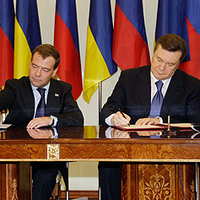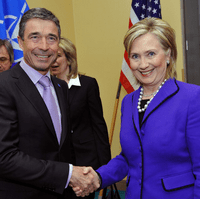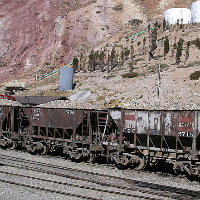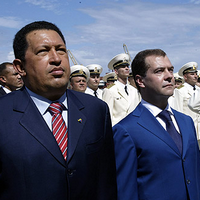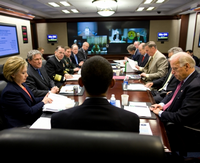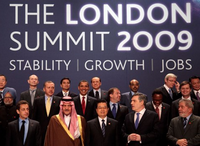
When the finance ministers of the G-20 nations met on the sidelines of the annual IMF-World Bank meetings in Washington last weekend, it marked the sixth time they had convened since the fall of 2008. When the G-20 leaders meet this summer in Toronto, the total number of summits held since the global financial crisis erupted will hit double digits. And yet, despite early cooperation that addressed the global liquidity shortfall, little substantial progress has been made in the area of international financial regulation. Given the trauma that the entire world economy has suffered, in part due to a lack […]

